WHAT I’VE LEARNED | Jacques Lurton
Jacques Lurton is the president of Vignobles Famille André Lurton, which spans six Bordeaux châteaux, including La Louvière and Couhin-Lurtons. He previously founded and ran the winemaking consultancy JFL with his brother François, working with and investing in wineries across France, Spain, Portugal and South America. After selling his share to his brother in 2006, he worked as a consultant in Bordeaux and the Loire, and devoted himself to his own estate on Australia’s Kangaroo Island, which he purchased in 2000. He returned to Bordeaux to head the family business on the death of his father André in 2019
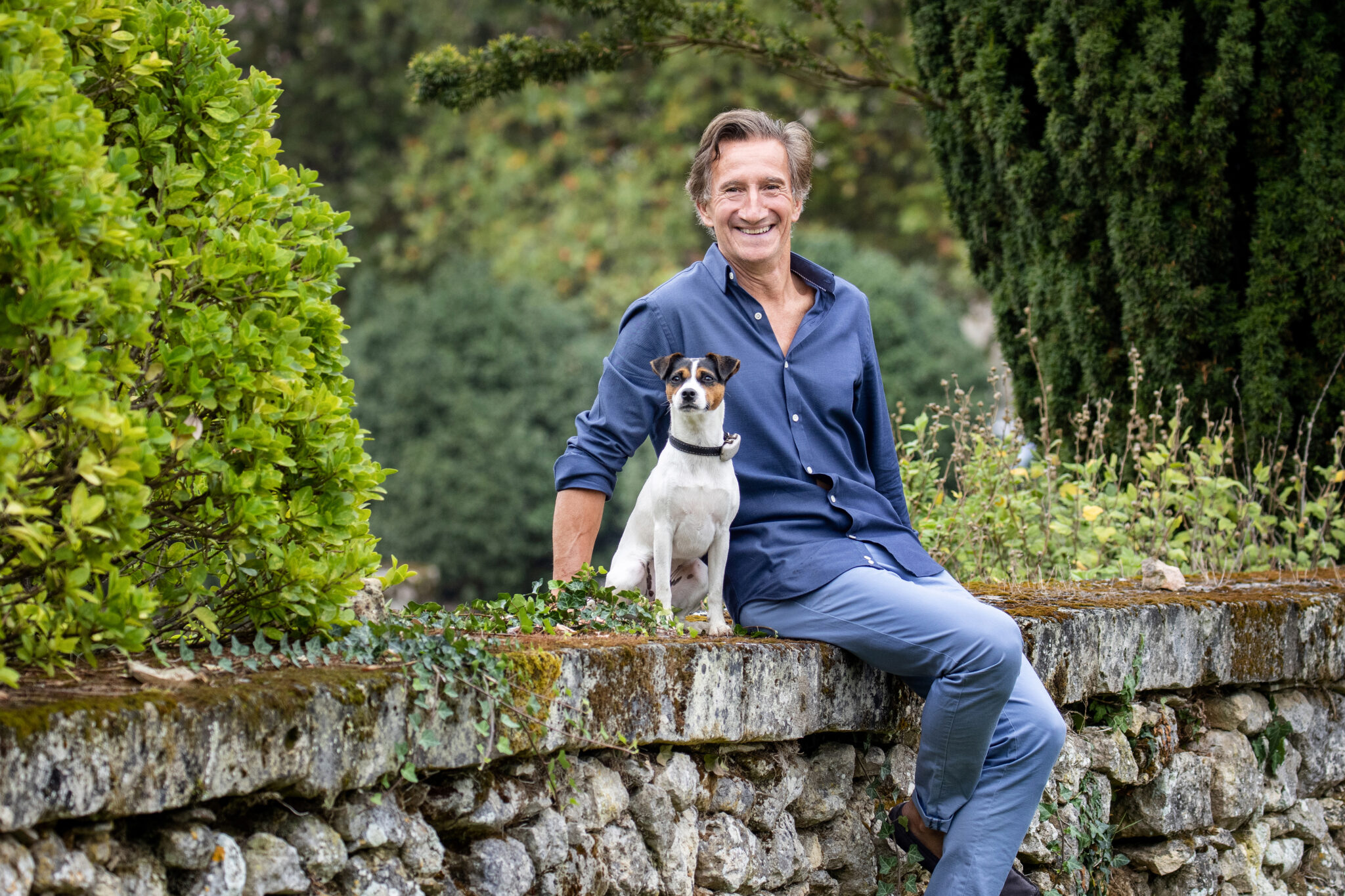
‘There’s only one thing you have to take into consideration when making wine – the consumer. Forget about yourself, the region, the grape varieties… but if you forget the consumer, you’ll never be successful. Today, consumers have a real vision of what they want. ’
‘My father made very good wines, but very classic, very traditional in style. Those big, Parker-style blockbusters are in the past. Today, people want something fresher. So I have changed everything, to make more easy-drinking, softer wines, with the least amount of oak possible, designed to be drunk young. Wines like the Couhins-Lurton Acte II have created a lot of market appeal, but a lot of resistance as well, from the local gatekeepers. Some of them think I’m crazy, but the only thing I’m interested in is to make sure people keep drinking our wines.’
‘Last year at Château Bonnet I launched a Lambrusco-style sparkling Cabernet and Merlot blend, with added sugar. Now I’ve launched a non-alcohol product, Oh Oui. I hate the idea of de-alcoholised wine as the carbon footprint is terrible, but this is made with grape juice – very early-picked Sauvignon Blanc – so it’s sweet, but low in sugar. I hope it helps people put a foot through the door of the wine world, and then one day they say, “Let’s try a real wine.”‘


‘Because of my father’s work, and because of my name, when I speak, people listen. I try not to take advantage of that, but at the same time, I can see that it’s a tool. I’m 100% sure that’s why they asked me to become the president of the Pessac-Léognan syndicat. But I’m actually quite shy. I’m full of energy, sure, but I’m not one to push myself to the front of the stage. I would sooner push my colleagues there.’
‘In Pessac-Léognan, we have approved the trial of various new grape varieties, including hybrids which are resistant to downy and powdery mildew. I have already planted two hectares, even though the wine can only be a Vin de France for now. I wanted to show our viticulturalist that we don’t have to spray [pesticides], and I wanted to see the results in the wine. I’m the only one in the appellation who has made wine in regions that are warmer than Bordeaux, so I know what is going to happen. But some people are still resistant to change. Fear drives people – the fear of change.’
‘I used to go to The Islander [his estate on Kangaroo Island, off the coast of South Australia] for six months of the year, but after my father died, I took over his position, and it’s a full-time job. At the moment, I can only go four weeks a year. It’s not much, but I will retire soon and then go and make my life over there.’
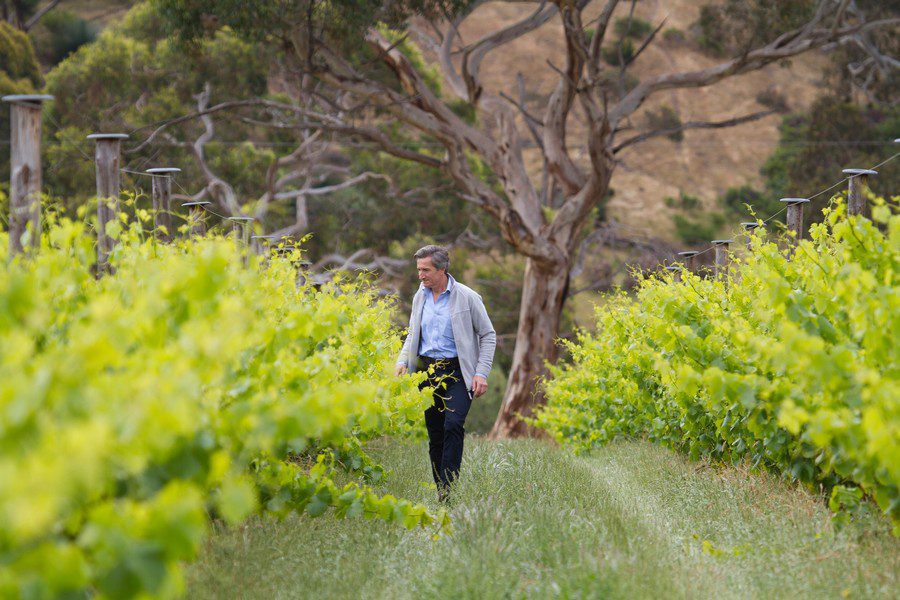

‘You have no idea how much I love Australia. I love the whole country to the bottom of my heart. I love the remoteness. I could drive for hours in deserts; I enjoy being by myself. But I also like the people, and their mentality. In Australia, people try to simplify everything, whereas in Europe, we try to complicate everything.’
‘In France, there’s always a problem, a hurdle, a barrier. I’m involved in the political side of wine in Bordeaux and I was talking to someone recently about a particular issue, and every time I said something he said, ‘Yes, but…’ It’s typically French – people always see the negative side. In Australia, people always see the solution.’
‘I’m a very practical person, working with my hands. My father was the same. Kangaroo Island is so remote that we have to do everything by ourselves. We can’t rely on a shop or a supplier. So we have to be inventive. I love that mentality, never looking back, always looking forward. When we got wiped out by the fires in 2020, we lost everything. But we saw it as an opportunity. We rebuilt everything completely different to how it was before, and it works even better now.’
‘Michel Rolland was criticised for making the same wine everywhere around the world but that’s impossible, because there’s one thing you can’t transform – terroir. Take the same winemaker working with Sauvignon Blanc in the Loire, Bordeaux, New Zealand, Chile, South Africa, Australia… The wines will all be different. Has anyone been able to copy the style of New Zealand Sauvignon? No. That’s terroir.’
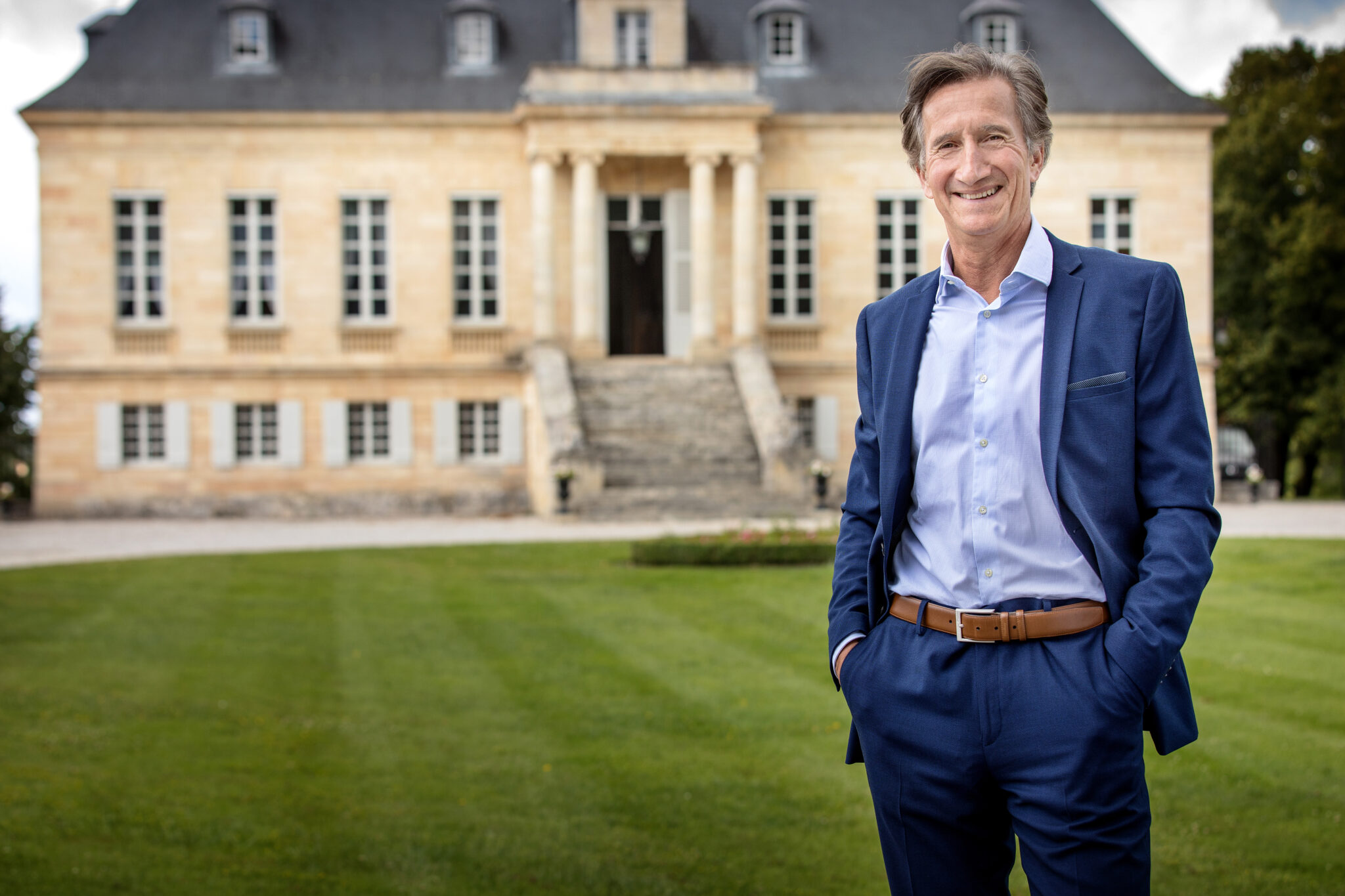

‘Of the other countries I’ve worked in, the other one that really stayed with me is Chile. I love the climate, the way of life, but most of all the people. They’re very humble. It was the same in Portugal. For me, the most important thing in work is human relationships. And I found the nicest, the most humble people in Portugal and Chile.’
‘I’m not impressed by someone who comes with a lot of titles and a lot of wealth – that doesn’t impress me at all.’
‘I’m 65 now, but I still do a lot of sport. Tennis, cycling, waterskiing in the summer, skiing in the winter. And I’m still a drummer in my rock ‘n’ roll band. It keeps me young.’
‘I don’t have children but there are so many Lurtons, I don’t worry about succession. Mathilde, my niece [daughter of his sister Christine, who previously managed Château Dauzac in Margaux] is now managing director of Vignobles Andre Lurton, and she will take over. I’m more worried about the next generation of wine drinkers and the way consumer habits are changing. It’s on my mind every day. I travel a lot and see the market. A lot of Bordeaux producers don’t – the negociants are a screen between them and the consumer. They think the 2023 [en primeur] campaign didn’t work because of the global economy, prices and interest rates. They never mention the [decreasing] appetite for wine among consumers. It should be on our mind all the time.’
Not a 67 Pall Mall Member? Sign up to receive a monthly selection of articles from The Back Label by filling out your details below
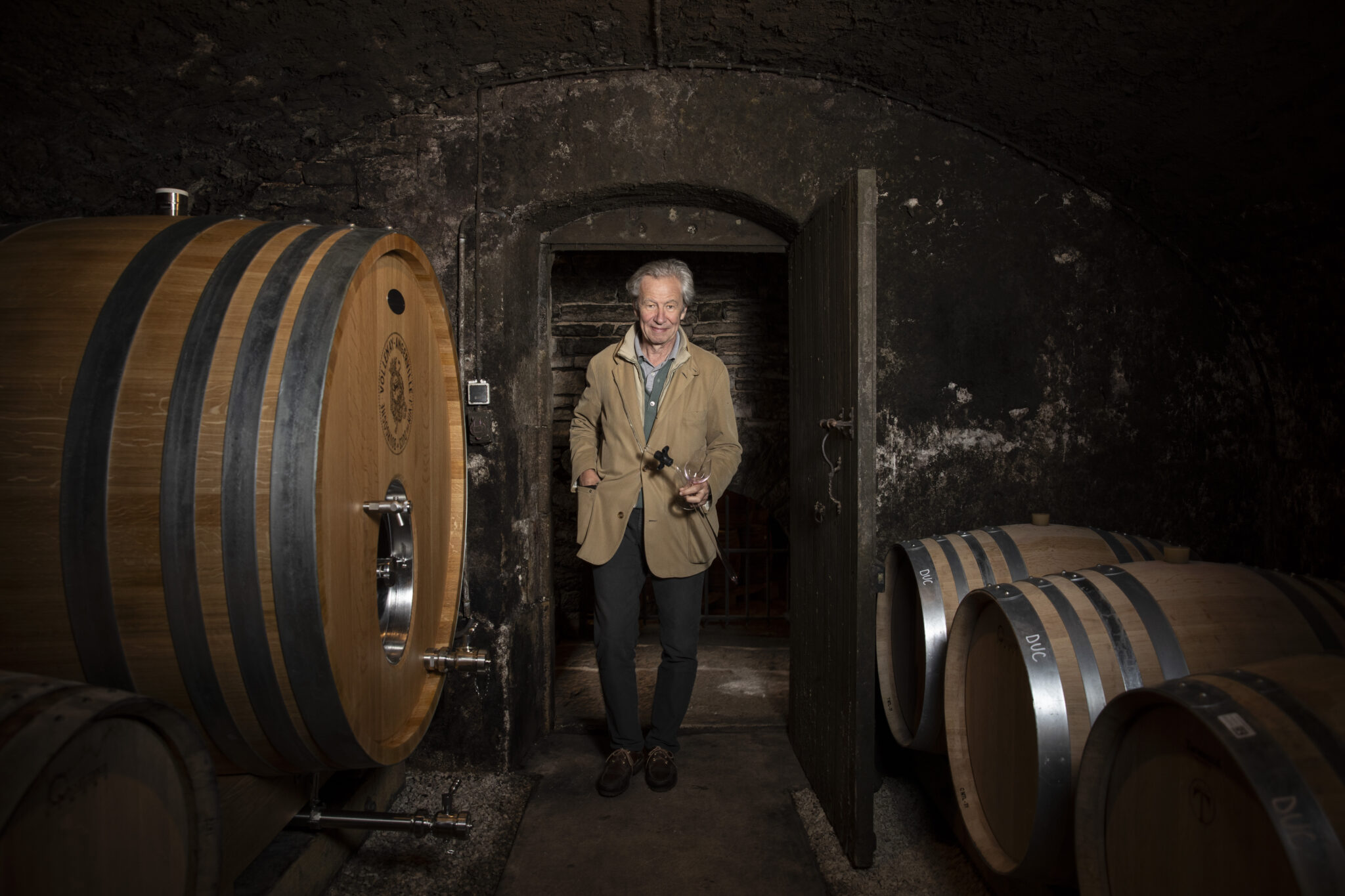

TWO
MINUTES
WITH
Guillaume d’Angerville
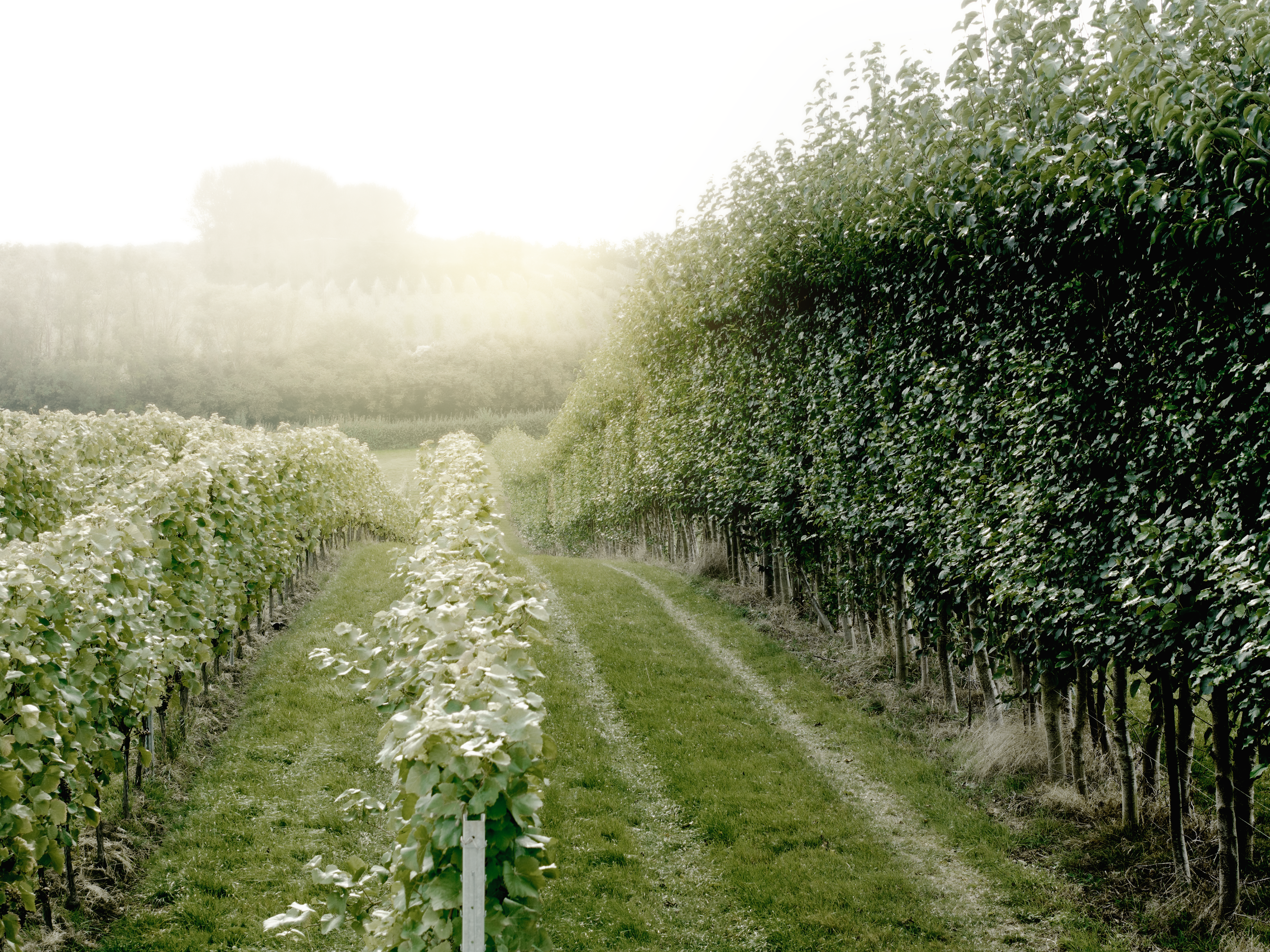

UNDER
THE
SURFACE
The story behind Champagne Taittinger’s English fizz
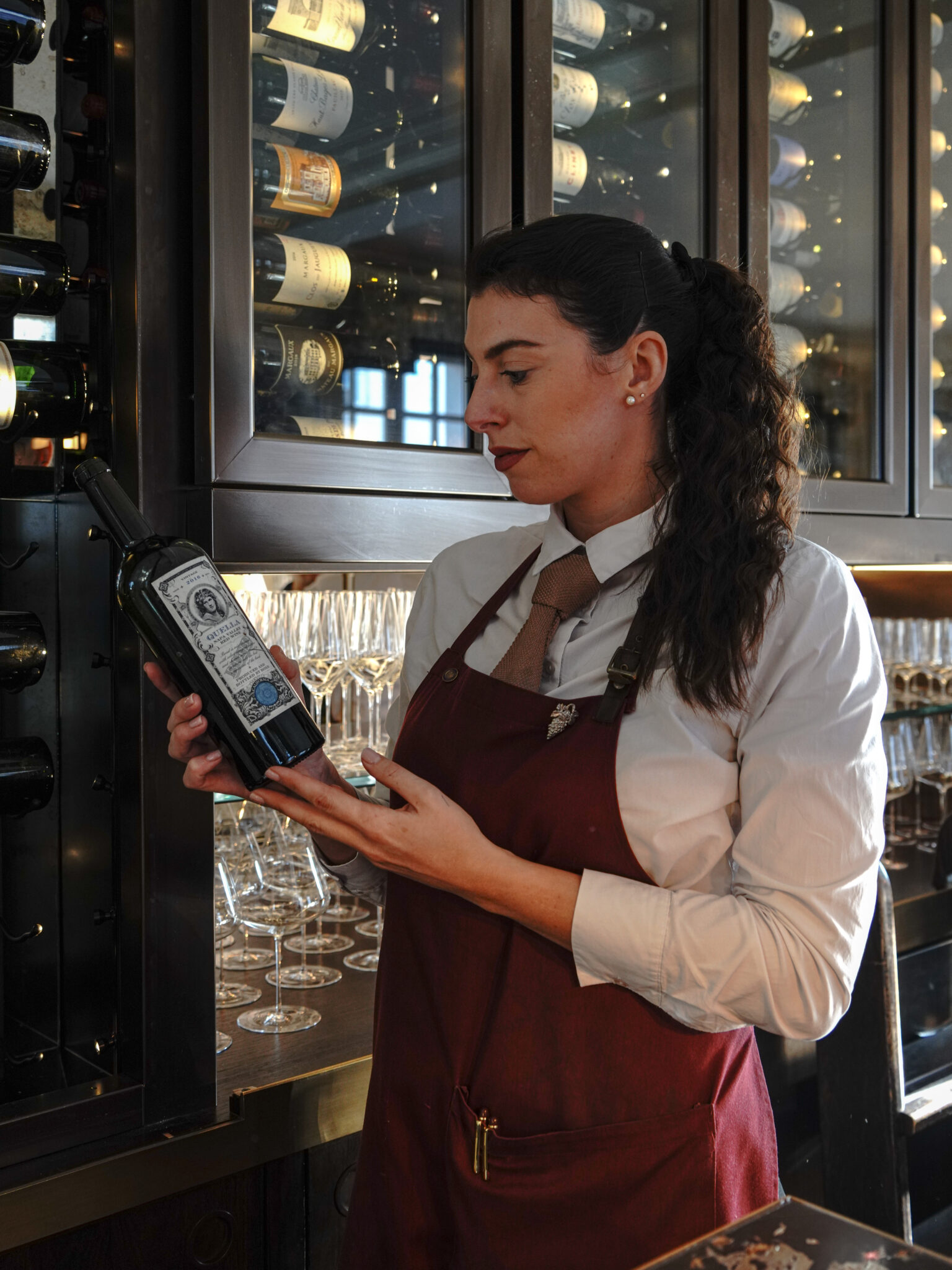

ON
THE
LIST
Mariachiara Faccin
